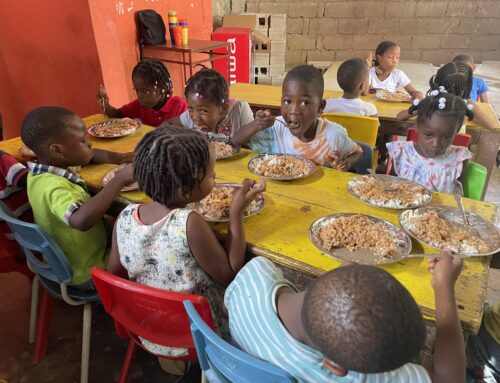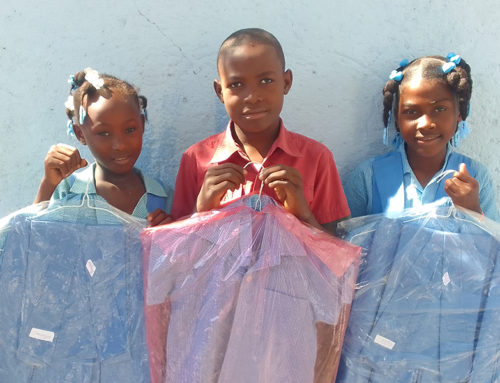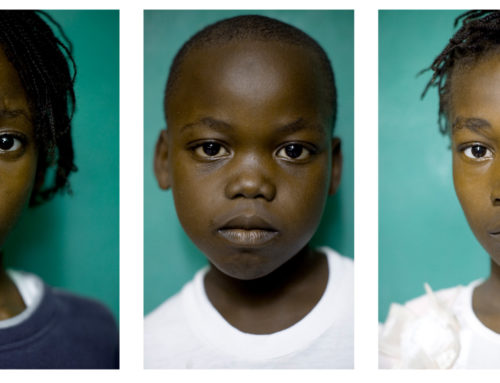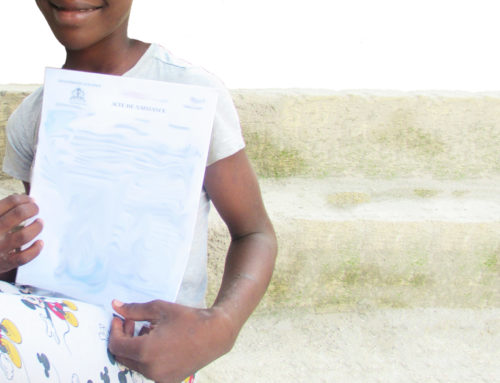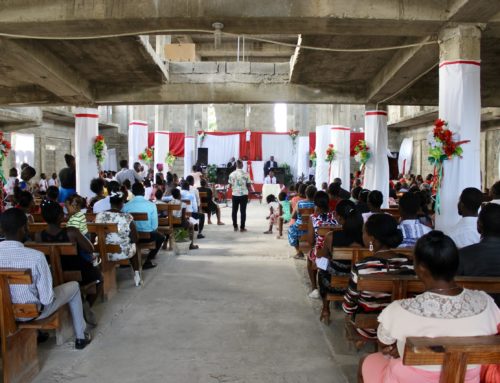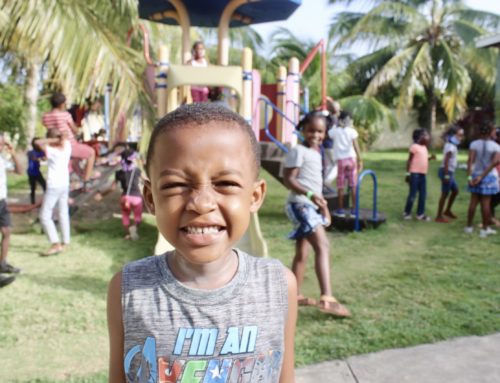
The nation of Haiti is a unique blend of influences, all of which center around the way the country was founded and colonized. The recorded history of Haiti begins in 1492 when it was colonized by the Spanish after a visit by Christopher Columbus. Columbus named the island La Española, or Hispaniola, as it is now known. However, Haiti had been home to the Taíno Indians for centuries, as historians believe they arrived in Hispaniola somewhere around 600 AD. In 1664 the French West India Company took control of the western half of the island of Hispaniola, leading to Haiti becoming a French colony only a few years later. These early Spanish and French influences are the reason behind the origin of the most common names in Haiti.
A Brief Word About Records in Haiti
There is no official agency or organization tracking birth or naming data in Haiti. So, while the most popular US baby names are easy to document from year to year, such information isn’t accessible in Haiti. The information we do have is thanks to data collected from the lists we have access to – mainly people who have participated in relief programs, registered for university, or joined child sponsorship programs from 1993 to 2013.
Top 10 Haitian Names For Girls
- Widelene – Meaning unknown, possibly wide, or wood.
- Lovelie, Lovely – Attractive or beautiful.
- Esther – Hebrew for star.
- Mirlande – Meaning unknown, possibly wonderful.
- Madeline – High tower or woman from Magdala.
- Samentha – Listener, told by God; possibly a feminine form of Samuel.
- Roseline – Latin, rose.
- Fabienne – Bean grower.
- Judeline/Judith – Woman of Judea, praised one.
- Islande – Island.
Top 10 Haitian Names For Boys
- Peterson – Son of Peter.
- Junior – Younger.
- Emmanuel – God is with us.
- Stevenson – Son of Steven.
- Samuel – God has heard.
- Daniel – God is my judge.
- Evens – Son of Evan.
- Ricardo – Strong, leader.
- Stanley – Dweller near a stony clearing.
- James – Supplanter, one who follows.
What is the Restavek System?
Many of the names on the lists above represent Haitian children in need in both the cities and in rural areas of Haiti. Haiti is the most food insecure country in the Western Hemisphere, leading many parents to surrender their children to wealthier families to ensure they receive adequate food and education. The problem is that all too often these new “families” relegate the child into restavek, a form of modern-day child slavery, forcing them to cook, clean, and fetch water for the household, effectively stealing their childhood.
How Can You Help End Child Slavery?
Restavek Freedom’s mission is to end child slavery in Haiti. We’re a boots on the ground organization operating full time in Haiti, working alongside children, families, churches, and local officials to put an end to slavery on a systemic level. You can partner with us by supporting our critical work and raising awareness for the plight of Haitian children trapped in the restavek system. Click here to learn more about our work in Haiti and how we are bringing light to these children. If you’re interested in participating in our child sponsorship program, click here to learn more.


